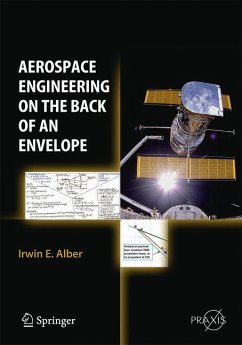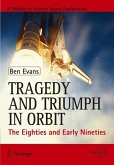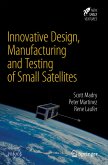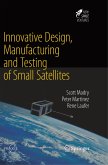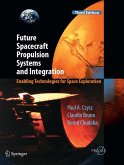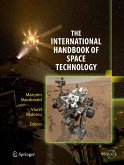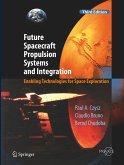Engineers need to acquire "Back-of-the-Envelope" survival skills to obtain rough quantitative answers to real-world problems, particularly when working on projects with enormous complexity and very limited resources. In the case studies treated in this book, we show step-by-step examples of the physical arguments and the resulting calculations obtained using the quick-fire method. We also demonstrate the estimation improvements that can be obtained through the use of more detailed physics-based Back-of-the-Envelope engineering models. These different methods are used to obtain the solutions to a number of design and performance estimation problems arising from two of the most complex real-world engineering projects: the Space Shuttle and the Hubble Space Telescope satellite.
Bitte wählen Sie Ihr Anliegen aus.
Rechnungen
Retourenschein anfordern
Bestellstatus
Storno

